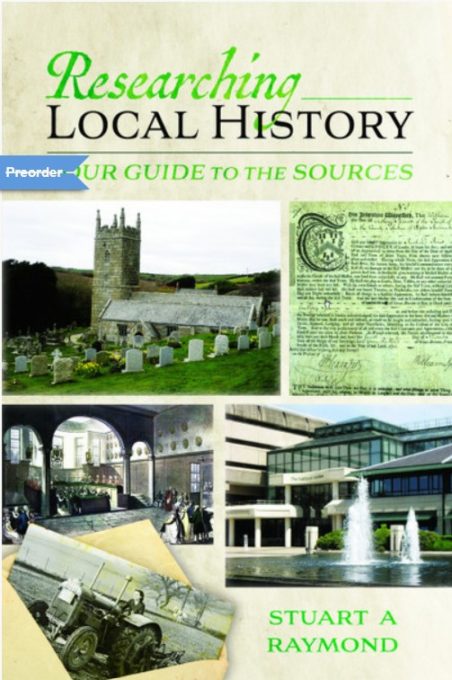 Researching Local History (Paperback)
Researching Local History (Paperback)
Your Guide to the Sources
By Stuart A. Raymond
Imprint: Pen & Sword Family History
Series: Tracing Your Ancestors
Pages: 240
Illustrations: 40 black and white illustrations
ISBN: 9781526779427
Published: 30th June 2022
How has the place we live in changed, developed, and grown over the centuries? That is the basic question local historians seek to answer. The answer is to be found in the sources of information that previous generations have left us. The records of parish, county, and diocesan administration, of the courts, of the national government, and of private estates, all have something to tell us about the history of the locality we are interested in. So do old newspapers and other publications. All of these sources are readily available, but many have been little used.
Local historians come from a wide diversity of backgrounds. But whether you are a student researching a dissertation, a family historian interested in the wider background history of your family, a teacher, a librarian, an archivist, an academic, or are merely interested in the history of your own area, this book is for you. If you want to research local history, you need a detailed account of the myriad sources readily available. This book provides a comprehensive overview of those sources, and its guidance will enable you to explore and exploit their vast range. It poses the questions which local historians ask, and identifies the specific sources likely to answer those questions.
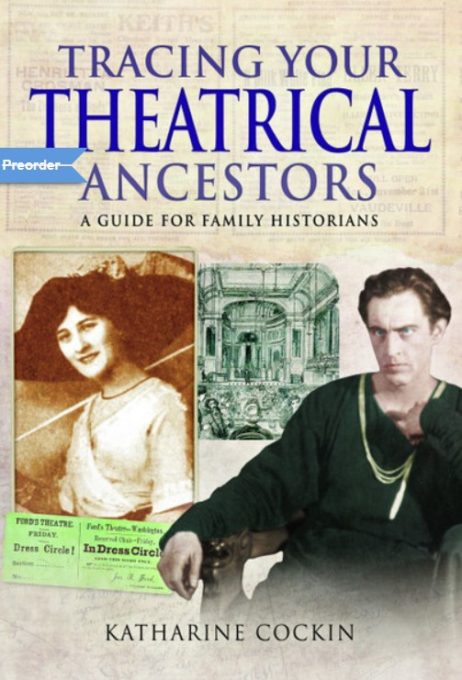 Tracing Your Theatrical Ancestors (Paperback)
Tracing Your Theatrical Ancestors (Paperback)
A Guide for Family Historians
By Prof Katharine M Cockin
Imprint: Pen & Sword Family History
Series: Tracing Your Ancestors
Pages: 192
ISBN: 9781526732057
Published: 30th July 2022
How can you find out about the lives of ancestors who were involved in the world of theatre: on stage and on film, in the music halls and travelling shows, in the circus and in all sorts of other forms of public performance? Katharine Cockin’s handbook provides a fascinating introduction for readers searching for information about ancestors who had clearly defined roles in the world of the theatre and performance as well as those who left only a few tantalizing clues behind.
The wider history of public performance is outlined, from its earliest origins in church rituals and mystery plays through periods of censorship driven by campaigns on moral and religious grounds up to the modern world of stage and screen. Case studies, which are a special feature of the book, demonstrate how the relevant records and be identified and interpreted, and they prove how much revealing information they contain. Information on relevant archives, books, museums and websites make this an essential guide for anyone who is keen to explore the subject.
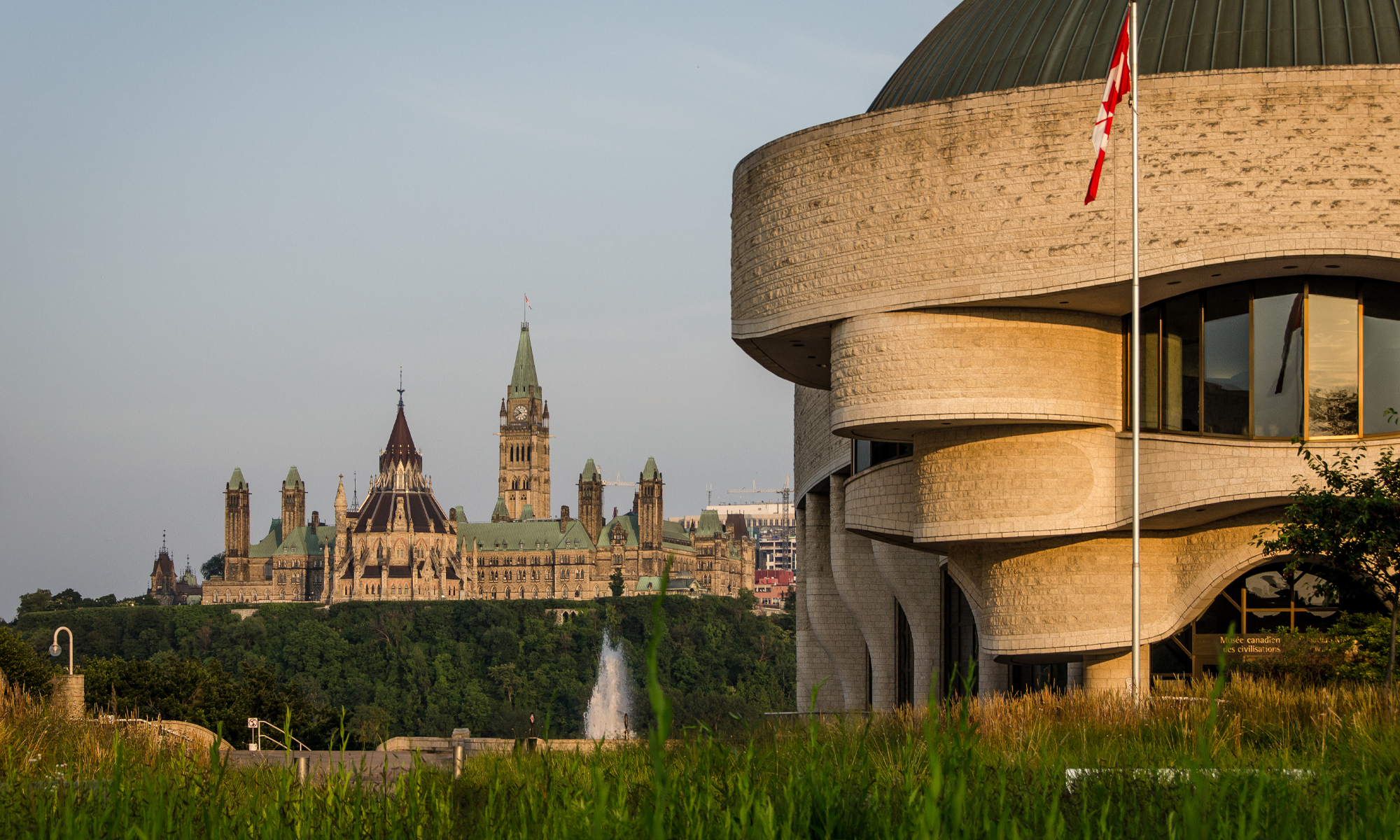

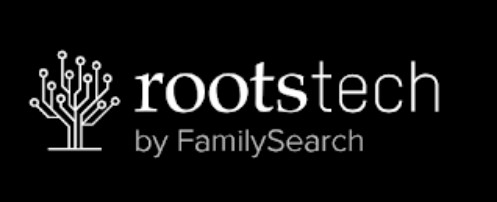 Like many events having seen the advantages of moving online, but also regretting the lack of the social aspect of an in-person conference, RootsTech 2023 will comprise a hybrid online and in-person event. Here’s the announcement.
Like many events having seen the advantages of moving online, but also regretting the lack of the social aspect of an in-person conference, RootsTech 2023 will comprise a hybrid online and in-person event. Here’s the announcement.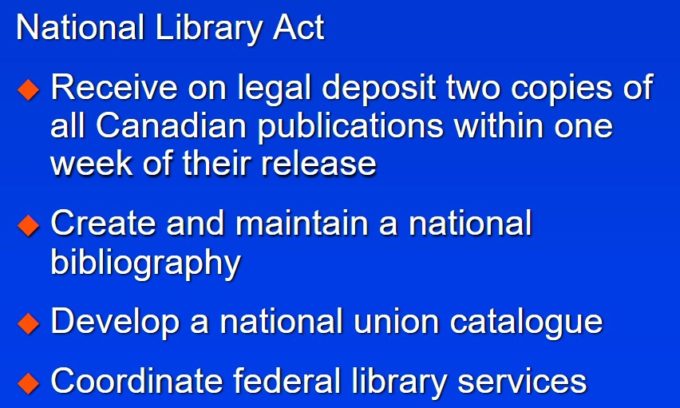 Seventy years ago today,
Seventy years ago today,  Did you ever own a Ford, a Mustang, Bronco or F-150? If so, there’s a website to bring back memories of the vehicle. It’s bright and shiny, just like that car, station wagon or truck when it was new.
Did you ever own a Ford, a Mustang, Bronco or F-150? If so, there’s a website to bring back memories of the vehicle. It’s bright and shiny, just like that car, station wagon or truck when it was new. Norfolk, Churchyard Graves and Memorial Transcriptions, previously released as a page-by-page browsable collection, are now fully searchable. Included are 266,158 records from memorials photographed by the licensor, Louise Cocker, with entries as late as 2021. It consists of 345 places, including ruined or abandoned cemeteries and some locations which are now usually off limits to non-military personnel. I was hoping Bradwell would be included . . . alas.
Norfolk, Churchyard Graves and Memorial Transcriptions, previously released as a page-by-page browsable collection, are now fully searchable. Included are 266,158 records from memorials photographed by the licensor, Louise Cocker, with entries as late as 2021. It consists of 345 places, including ruined or abandoned cemeteries and some locations which are now usually off limits to non-military personnel. I was hoping Bradwell would be included . . . alas.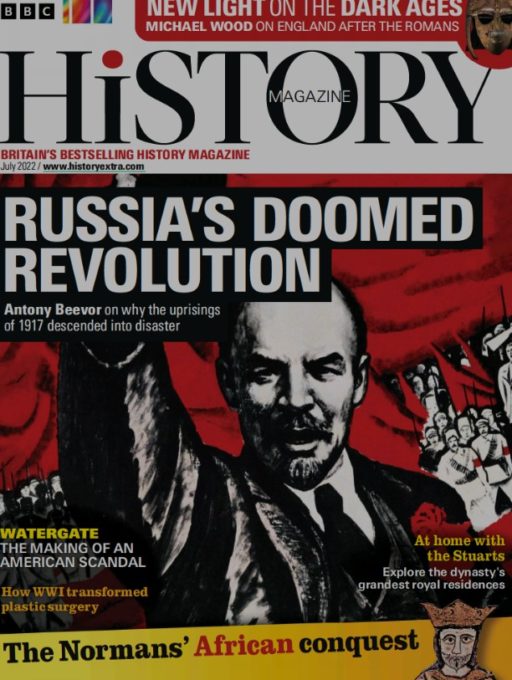 The feature articles in the July issue.
The feature articles in the July issue. Researching Local History (Paperback)
Researching Local History (Paperback) Tracing Your Theatrical Ancestors (Paperback)
Tracing Your Theatrical Ancestors (Paperback)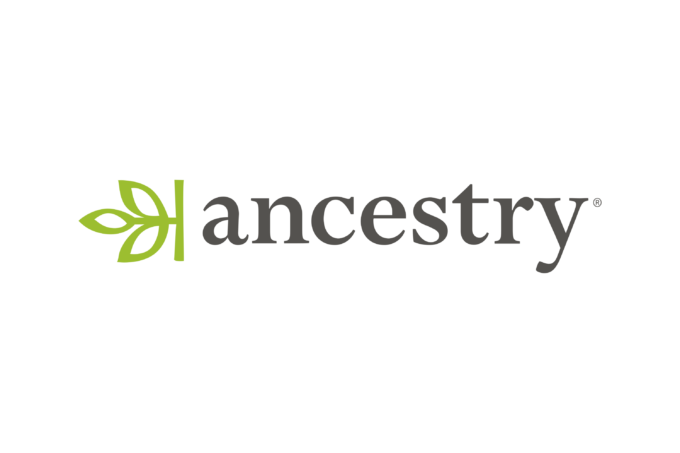 New to Ancestry, this collection of 508,318 records from the Edinburgh City Archives provides (where available):
New to Ancestry, this collection of 508,318 records from the Edinburgh City Archives provides (where available):